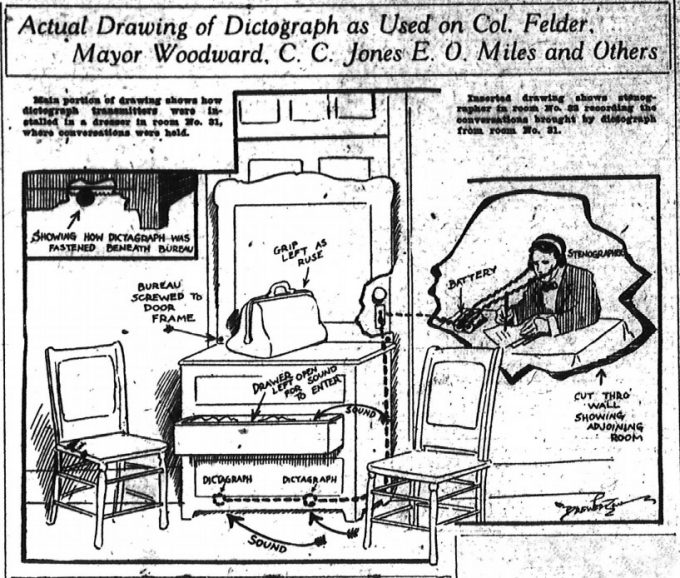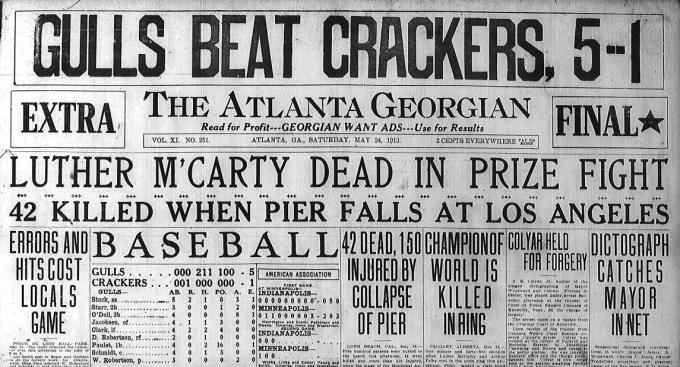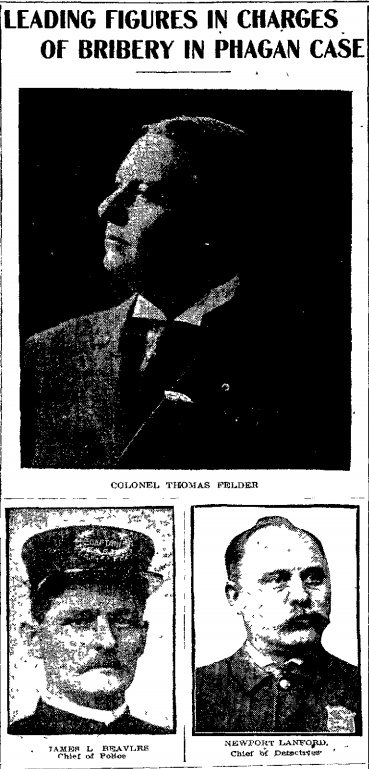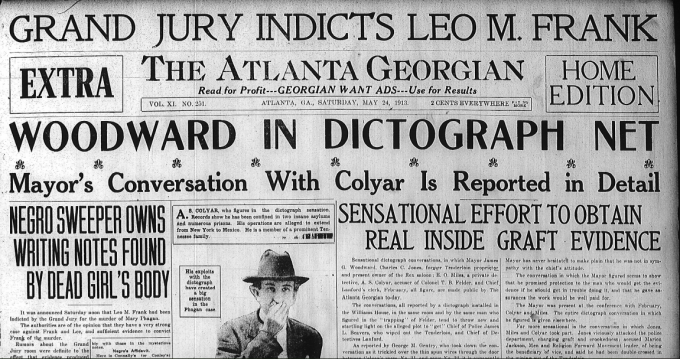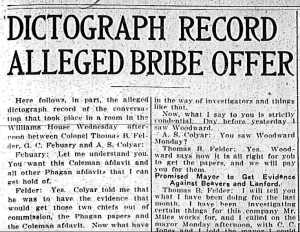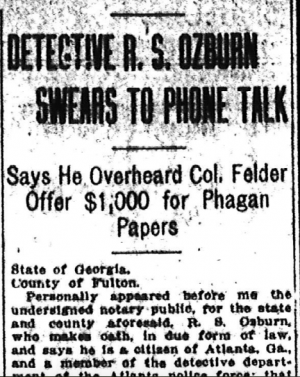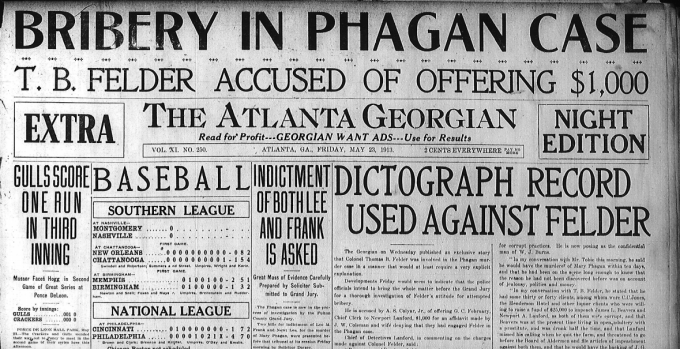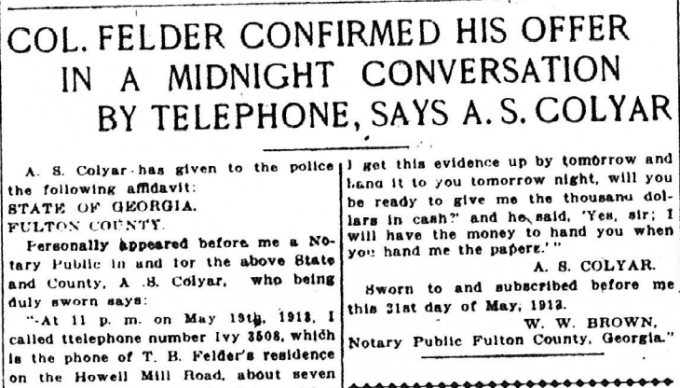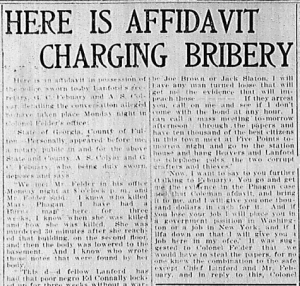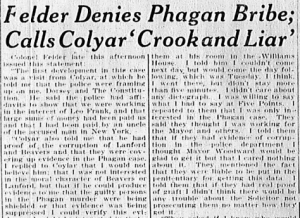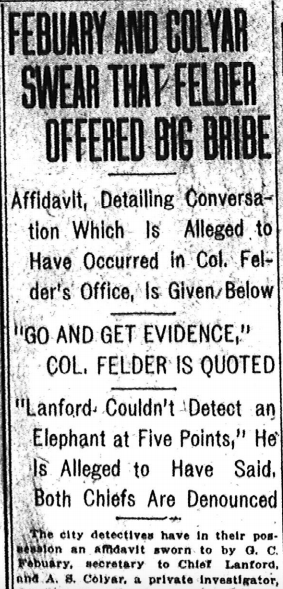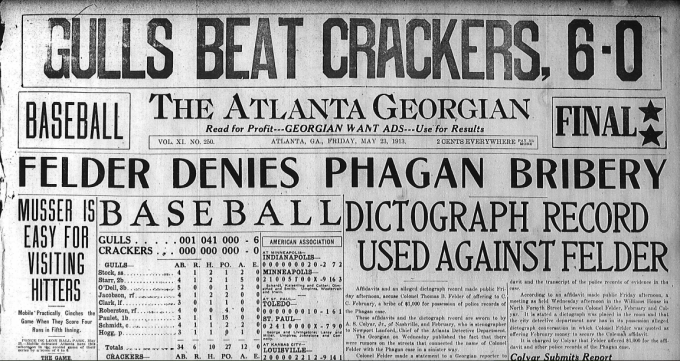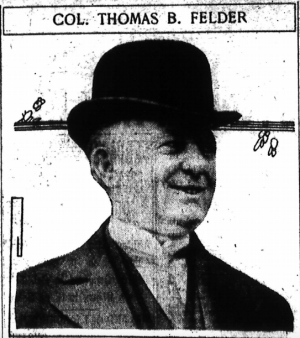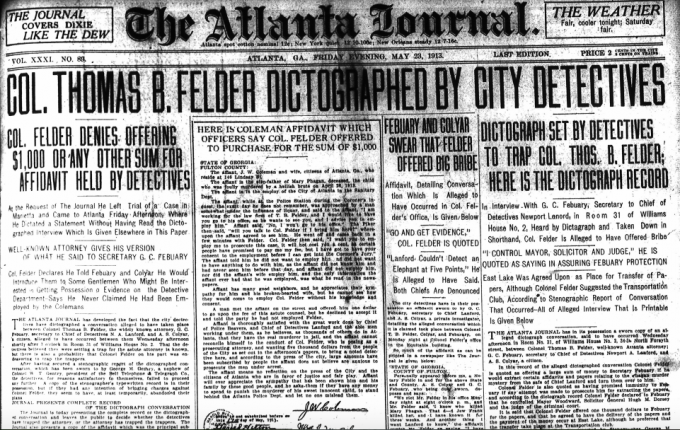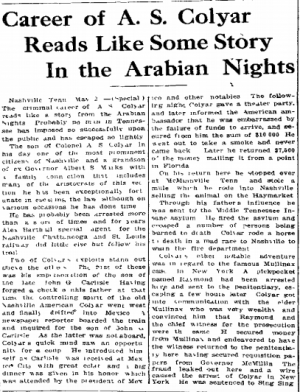 Another in our series of new transcriptions of contemporary articles on the Leo Frank case.
Another in our series of new transcriptions of contemporary articles on the Leo Frank case.
Atlanta Constitution
Saturday, May 24th, 1913
The criminal career of A. S. Colyar reads like a story from the Arabian Nights. Probably no man in Tennessee has imposed so successfully upon the public and has escaped so lightly.
The son of Colonel A. S. Colyar, in his day one of the most prominent citizens of Nashville and a grandson of ex-Governor Albert S. Marks with a family connection that includes many of the aristocrats of this section, he has been exceptionally fortunate in escaping the law although on various occasions he has done time.
He has probably been arrested more than a score of times and for years Alex Barth-[illegible], special agent for the Nashville, Chattanooga and St. Louis railway, did little else but follow his trail.
Two of Colyar’s exploits stand out above the others. The first of these was his impersonation of the son of the late John G. Carlisle. Having forged a check on his father, at that time the controlling spirit of the old Nashville American, Colyar went west and finally drifted into Mexico. A newspaper reporter boarded the train and inquired for the son of John G. Carlisle. As the latter was not aboard, Colyar’s quick mind saw an opportunity for a coup. He introduced himself as Carlisle, was received at Mexico City with great éclat and a big dinner was given in his honor which was attended by the president of Mexico and other notables. The following night Colyar gave a theater party, and later informed the American ambassador that he was embarrassed by the failure of funds to arrive, and secured from him the sum of $10,000. He went out to take a smoke and never came back. Later he returned $7,500 of the money, mailing it from a point in Florida.
On his return here he stopped over at McMinnville, Tenn. and stole a mule which he rode into Nashville selling the animal on the Haymarket. Continue Reading →

